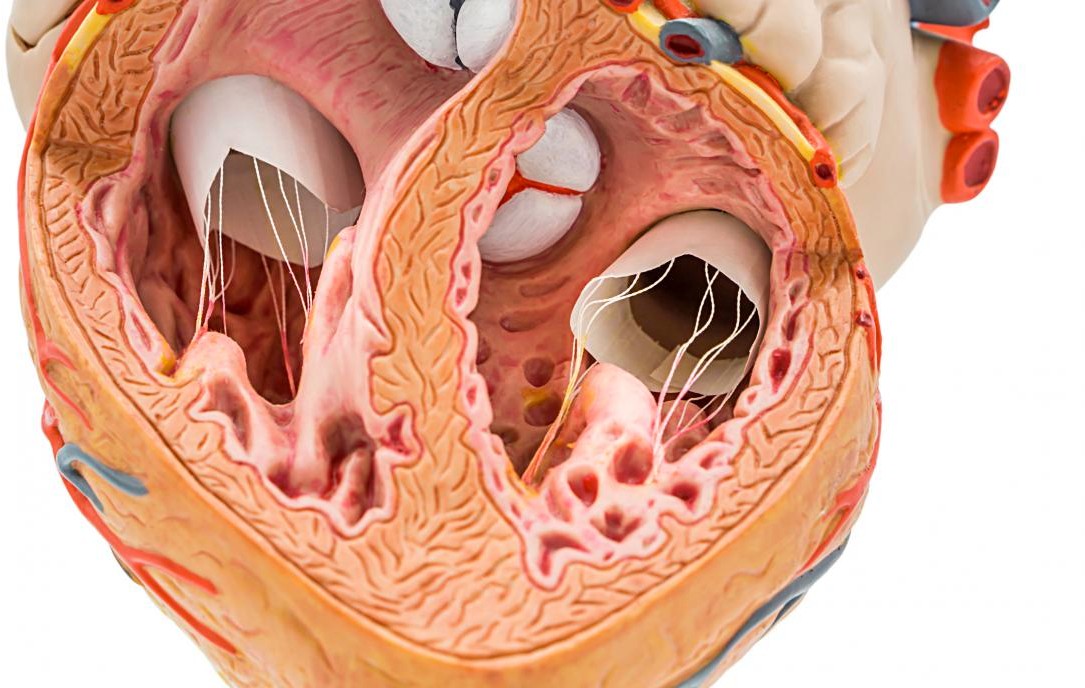
Plaque in the arteries stiffens and narrows them, causing atherosclerosis, a complex disease. This ailment affects heart disease and stroke. It is the leading cause of death all over the world. But calcium is increasingly being studied as a factor. In brief, this article will discuss Atherosclerosis and calcium. Of course, this includes its effects and mechanisms.
Calcium Usage
Calcium, an essential mineral, is involved in numerous biological activities. Besides supporting strong bones and teeth, it helps with blood coagulation, nerve transmission, muscle contraction, and cell communication. Therefore, the body rigorously regulates blood and tissue calcium levels for proper physiological function.
Atherosclerosis and Calcium Relationship
The calcium-atherosclerosis relationship has interested researchers for decades. Imaging has showed that atherosclerotic plaques include calcium deposits, suggesting that calcium may be involved in its development. Nevertheless, calcium’s role in atherosclerosis is convoluted.
Moving Atherosclerotic Plaques
Calcium and atherosclerosis are linked via plaque calcification. Therefore, calcification deposits calcium ions in tissues like arterial walls. Calcification may make plaques stronger and more stiff, making it feel protective. However, it diminishes artery flexibility, reducing their ability to expand and contract in response to blood flow and increasing the risk of complications.
Inflammation
Inflammation is another aspect of atherosclerosis and calcium. Inflammation causes atherosclerosis and promotes plaque development. Calcium deposits may form in inflammatory arterial walls due to inflammation or tissue damage, according to some study.
Calcium Coronary Artery scores
Clinical practice uses coronary artery calcium scoring (CAC) to assess calcium-atherosclerosis relationships. CAC is a non-invasive imaging method that evaluates coronary artery calcium. Secondly, it scores coronary artery calcification to assess coronary heart disease risk. A higher CAC score increases cardiovascular risk.
Potential Effects
Atherosclerotic plaques with calcium deposits have raised questions about their effects on atherosclerosis therapy and prevention:
Evaluation of Risk
CAC score can predict coronary heart disease risk. It helps doctors identify susceptible patients and adjust therapy.
Decisions on treatment
Some people with high CAC scores should aggressively manage risk factors such high blood pressure, cholesterol, and diabetes to reduce their risk of heart disease.
Tracking Progress
CAC scoring may monitor atherosclerosis progression and treatment effectiveness.
Possible Therapeutic Goals
Understanding the mechanisms underlying calcium deposition in atherosclerotic plaques may help create innovative therapies that target calcification processes to halt or reduce plaque formation.
Debates and Unanswered Questions
Calcium and atherosclerosis research is underway, although there are still questions:
Reasoning
Calcium deposition in plaques may cause or result in atherosclerosis. More research is needed to show causality.
Best Treatment Methods
Managing atherosclerosis in high CAC scores is evolving. The optimal treatment methods and their long-term effects are currently being studied.
Techniques
This processes cause calcium buildup in atherosclerotic plaques is unknown. secondly, mineralization, inflammation, and cell death are being studied to understand more.
Conclusion
Research on the complex and dynamic link between calcium and atherosclerosis is continuing. It is commonly recognized that atherosclerotic plaques include calcium deposits. But little is understood about how calcium affects atherosclerosis. Calcium has impact on inflammation and plaque stability. Therefore, t has effects on cardiovascular events make it important for atherosclerosis management.
Finally, patients concerned about their cardiovascular health should work with doctors. They can assess risk factors and order appropriate testing. They can also tailor treatment plans. Therefore, quit smoking and eat a heart-healthy diet. Exercising regularly reduce overall cardiovascular risk, even though the association between calcium and atherosclerosis is still being studied.



